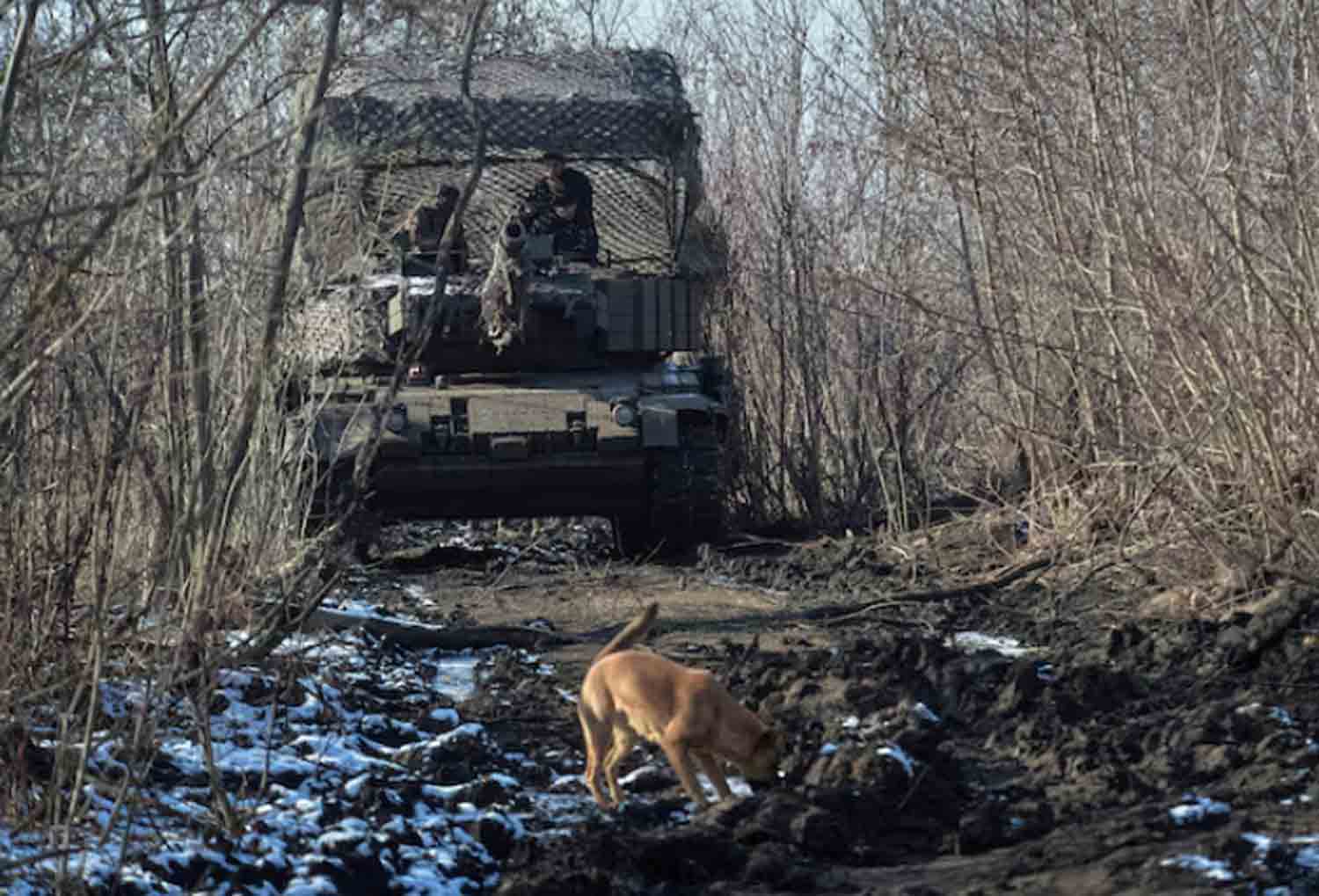Europe must allocate approximately 250 billion euros ($261.6 billion) each year for defense investments to ensure its security independent of U.S. assistance, according to a study released on Friday. This expenditure, representing 1.5% of the EU‘s gross domestic product, would enable Europe to deploy around 300,000 troops to defend against potential threats from Russia, as indicated by the research conducted by the Bruegel Institute and the Kiel Institute for the World Economy.
The report emphasized the necessity for enhanced coordination and collaborative procurement among European nations, highlighting that despite the continent’s financial capabilities, effective defense collaboration remains a significant hurdle among national military forces.
European nations have faced mounting pressure from U.S. President Donald Trump to bolster their military capabilities, with his defense secretary recently cautioning Europe against relying excessively on the U.S. for its defense needs. German Chancellor candidate Friedrich Merz expressed skepticism regarding the future of U.S. involvement in NATO, while U.S. National Security Advisor Mike Waltz set a June deadline for all NATO members to meet the defense spending goal of 2% of GDP.
The Bruegel and Kiel study proposed increasing European defense spending to as much as 4% of GDP annually, up from the current 2%. It suggested that half of this increase could be financed through common European debt for joint procurement, with the remainder funded at the national level.
The study pointed out that Russia has significantly enhanced its military capabilities since the onset of the Ukraine conflict, noting the mobilization of approximately 700,000 troops and a substantial rise in the production of tanks and armored vehicles. It concluded that to establish 50 additional brigades, Europe would require 1,400 new main battle tanks and 2,000 infantry fighting vehicles, a demand that would surpass the total inventory of the German, French, Italian, and British ground forces combined.
Guntram Wolff, a co-author of the study, stated that this situation is economically manageable, noting that the resources required are significantly lower than those mobilized to address the crisis during the COVID pandemic.
Discover more from Defence Talks | Defense News Hub, Military Updates, Security Insights
Subscribe to get the latest posts sent to your email.





